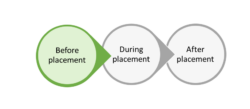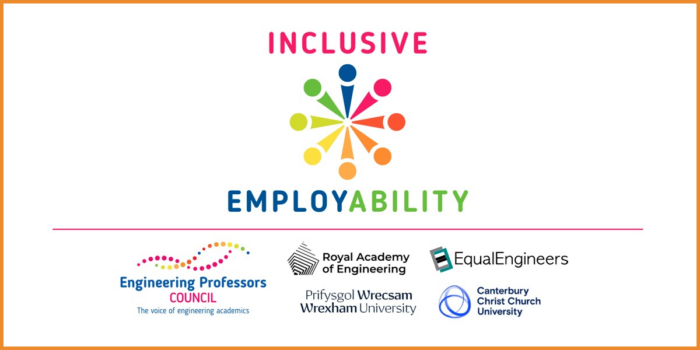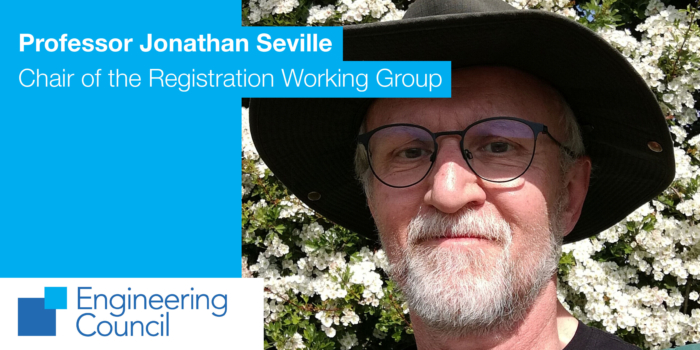 The Engineering Placements Toolkit is designed to support higher education institutions and employers to enhance the experience and the value of students’ placements. Aligned with the Your Placement Journey Toolkit, designed for students, this toolkit aims to support the placement experience in three key stages: before, during and after placement.
The Engineering Placements Toolkit is designed to support higher education institutions and employers to enhance the experience and the value of students’ placements. Aligned with the Your Placement Journey Toolkit, designed for students, this toolkit aims to support the placement experience in three key stages: before, during and after placement.
Universities
- Ensure Health and Safety procedures in the placement
- Give effective support in identifying placement possibilities, combining students and employers’ expectations.
- Help students in writing up CVs and cover letters
- Prepare students for interviews (e.g. mock interviews)
- Assign an academic supervisor to support and visit the student during their placement, and act as key contact link with the company
- Ensure Health and Safety
Employers
- Set clear guidelines and criteria for selecting a student – knowledge and skills
- Assign a placement supervisor to support and guide the student during their placement, and act as a key contact link with the university.
- Plan and deliver an Induction programme/pre-placement, so that student feels like part of the team. Suggested issues to address:
- Health and Safety
- Professional skills and conduct (dress code, culture of the company)
- Management expectations
- Visits to different departments of the company, so the student appreciates quickly how it all fits together
Joint actions
- Organise a joint meeting to agree milestones and methods of supervision and assessment. The combined assessment criteria could be organised according to the UK Standard for Professional Engineering Competence (UK-SPEC). The UK-SPEC “sets out the competence and commitment required for registration as an Engineering Technician (EngTech), Incorporated Engineer (IEng) or Chartered Engineer (CEng). It also includes examples of activities that demonstrate the required competence and commitment”
- Suggestion: consider using mycareerpath – an online professional development system, designed by the Engineering Council and adopted by many professional engineering institutions for use by their members. The system is aligned with the UK Standard for Professional Engineering Competence (UK-SPEC) for EngTech, IEng, and CEng. The system is also aligned with other titles such as CPhys, CEnv, and CSci, to provide one platform to suit all. Progress can be measured and tracked against the competence statements for the chosen registration category.
- Organise a joint meeting with the student, agree overall objectives and set expectations
- Sign an agreement between the student, university and employer. The suggested topics below could be considered, if applicable:
- Project title
- Working hours (flexible or non flexible work arrangements)
- Salary
- Holiday entitlement
- Expected dress code
- Student’s roles and responsibilities
- University’s roles and responsibilities – academic supervisor
- Employer’s roles and responsibilities – placement supervisor
- Schedule for academic visits and other meetings
- Assessment criteria
- Activities and resources are covered by university’s fees
Read more
- During placement- Advice for universities and employers
- After placement – Advice for universities and employers
Any views, thoughts, and opinions expressed herein are solely that of the author(s) and do not necessarily reflect the views, opinions, policies, or position of the Engineering Professors’ Council or the Toolkit sponsors and supporters.




